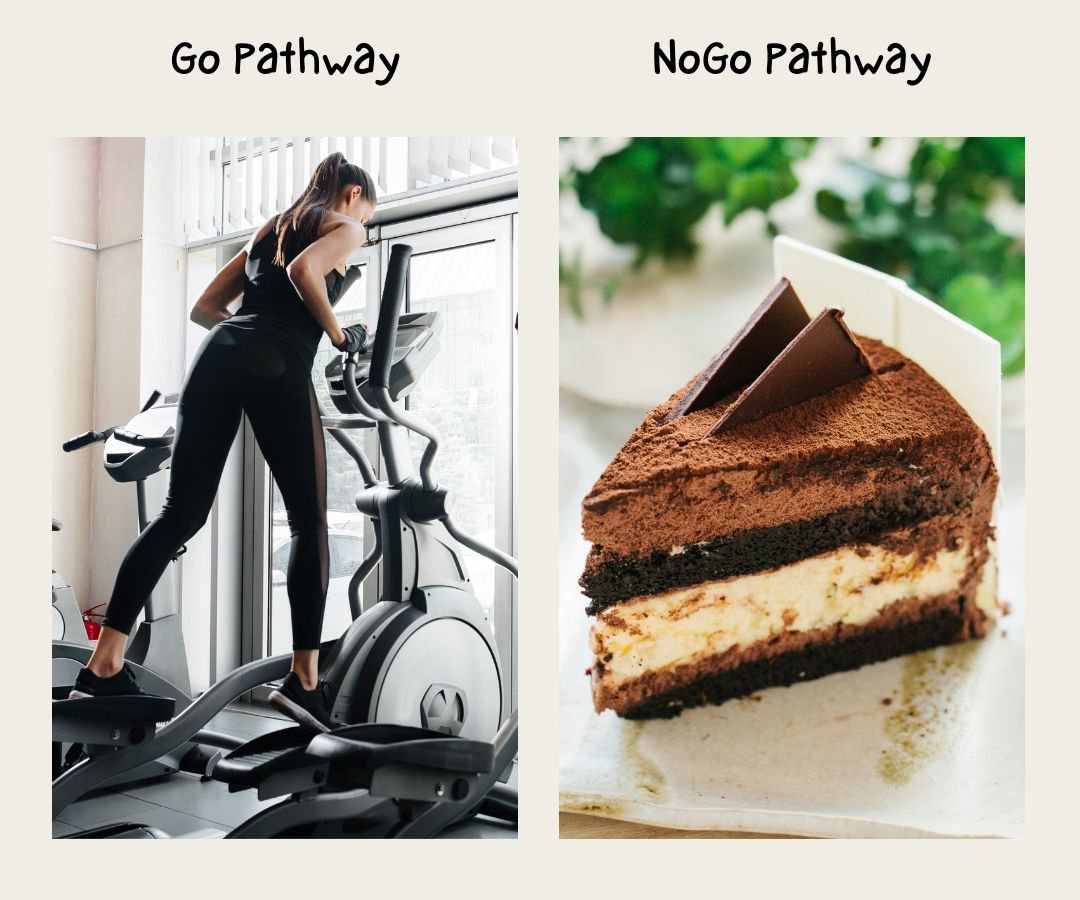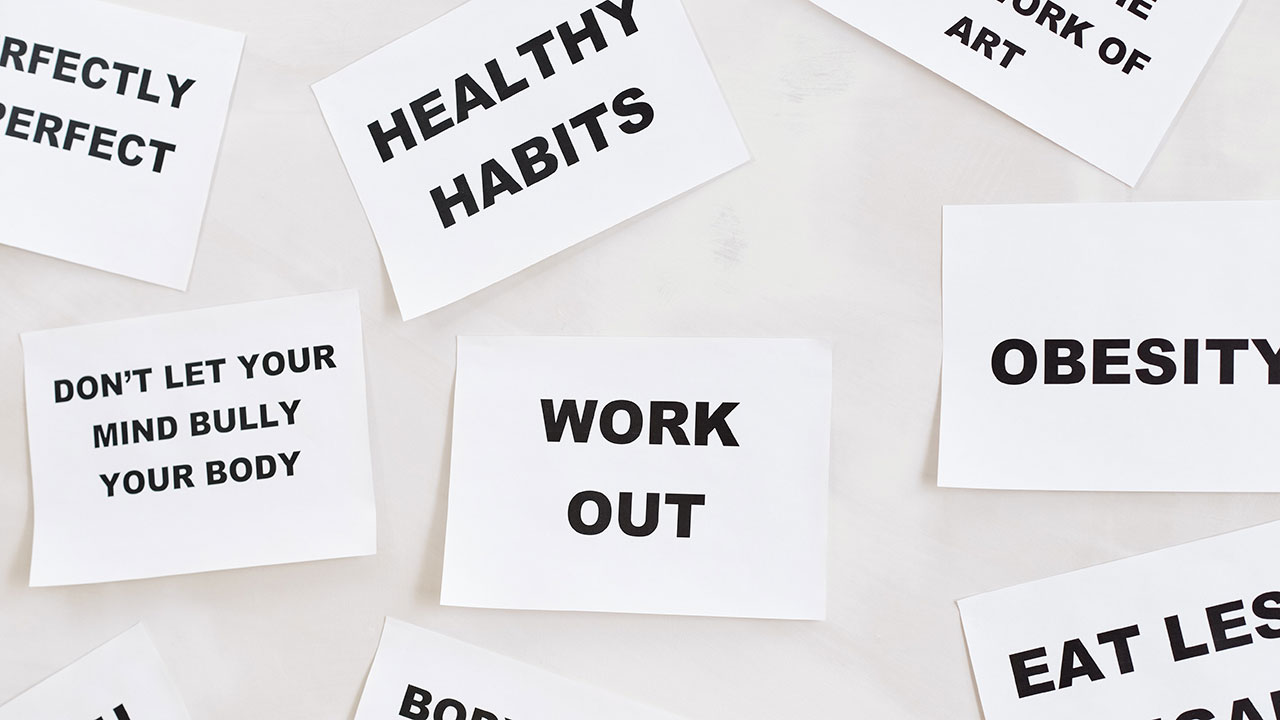Nobody ever jumped out of bed in the morning and joyfully exclaimed,
“I love creating new habits!”
Nobody ever!
That’s because we all know that forming new habits and getting rid of old, entrenched ones is a shitty process.
By shitty I mean it’s long, requiring higher than normal levels of commitment, patience and grit. And yes, the failure rate is pretty high!
Just check in with your next set of New Year’s resolutions on February 15th, or 6 weeks after you first resolved to create or get rid of a habit.
I’m still coaching the “hack” generation — within which I, myself have one foot — out of the mistaken belief that we can somehow find magical shortcuts that will deliver extraordinary outcomes quicker and easier.
When people ask me how long I’ve been coaching, I say…
“My entire life.”
Part of the reason why that’s a true statement is that I’ve been reading about, studying and experimenting in the field of human potential since my early teens. I was my own “n of 1” long before becoming certified as a professional coach.
I’ve tried every shortcut and hack around health, work, relationships, and growth. And I’m here to say that there is only ONE way to achieve long term, sustainable results.
Get good at “Habit Work”.
Yes, it is as boring as it sounds. But it’s the magic skill set that will reward you with the exquisite life of a pro.
I’m not a neuroscientist, but I follow many experts in the field of neuroscience, and I know just enough to be dangerous, and more importantly, to help my clients.
When it comes to habit formation, most of us cultivate and train what Dr. Andrew Huberman, my go to expert in the field of neurobiology, calls the Go Pathway in our brain.
But there is another pathway called the NoGo Pathway that deserves as much of our attention and training if we are to turn pro in Habit Work.
To learn all the details and data go here, or take my embarrassingly simplified version below and experiment with it in your own life.
Basically, there are two pathways in our brain.
The Go Pathway helps us to start or keep doing something.
The NoGo Pathway is the one we use (or more often, don’t use) when we want to NOT do something.
Most of us focus and are often marginally successful in deploying and strengthening our Go Pathway. But we fail to achieve our long term goals because we don’t give equal attention to our NoGo Pathway.

Here are a few examples from my own life. They still sneak up on me occasionally, but over time, I’ve been able to strengthen both pathways, such that my positive life habits are mostly entrenched and effortless.
- I would use my Go Pathway to get to the gym and do a great workout, but then my NoGo would be totally absent when that same evening I needed to pass on a second helping of delicious Persian food or another glass of wine.
- Even today, my Go Pathway will have me running an extra mile or five, when my NoGo should be kicking in so I don’t put myself on the path to injury.
- My Go Pathway has me showing up in service of others, whether in a coaching or friendship context, and my NoGo is nowhere to be found when I need to shut my mouth in order to be in service to my own long term goals.
- I say yes – to people, opportunities, and invitations – when I should tap into my NoGo pathway and respond with a gracious no.
I’ve noticed that my NoGo Pathway is famously absent when my baseline physical needs are not sufficiently met. Forget about turning pro with your “Habit Work” if, first of all, you are not making sure your sleep, nutrition, and hydration needs are totally dialed in!
After all, we are talking about the brain here. How can we do the deeper work of leveraging our exquisite brain if the body within which it is encased is not well rested and nourished?
If this principle resonates with you, please email me one habit you would like to create and how you are challenged by your Go or NoGo pathways.
I can help.
P.S. If this article resonated with you, please consider forwarding it to anyone who might benefit from it. Join the community here to receive weekly insights in your inbox.


